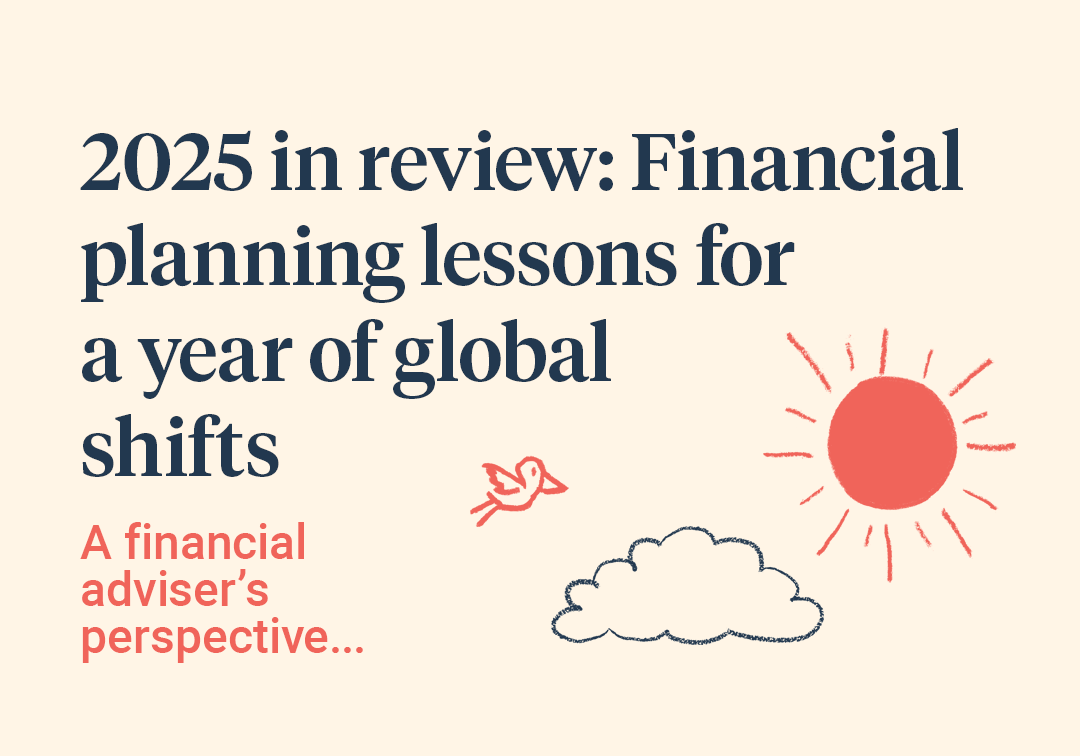Compounding: “It’s the eighth wonder of the world: He who understands it earns it, and he who doesn’t pays it.”
Albert Einstein knew that compound interest was the true secret to making money. I’m going to run through how you can earn it and then, hopefully, you will avoid paying it in debt.
How does compounding work?
Compound interest is a financial wonder that allows investors to magnify returns over time. Essentially, it’s when the interest you earn on invested capital is re-invested and then goes on to earn more interest – ‘Money makes money, and the money that that money makes, makes more money!’
Over time, this interest-on-interest approach leads to exponential financial growth. Conversely, it also expands the debt you owe over time so it’s worth bearing in mind on all fronts.




